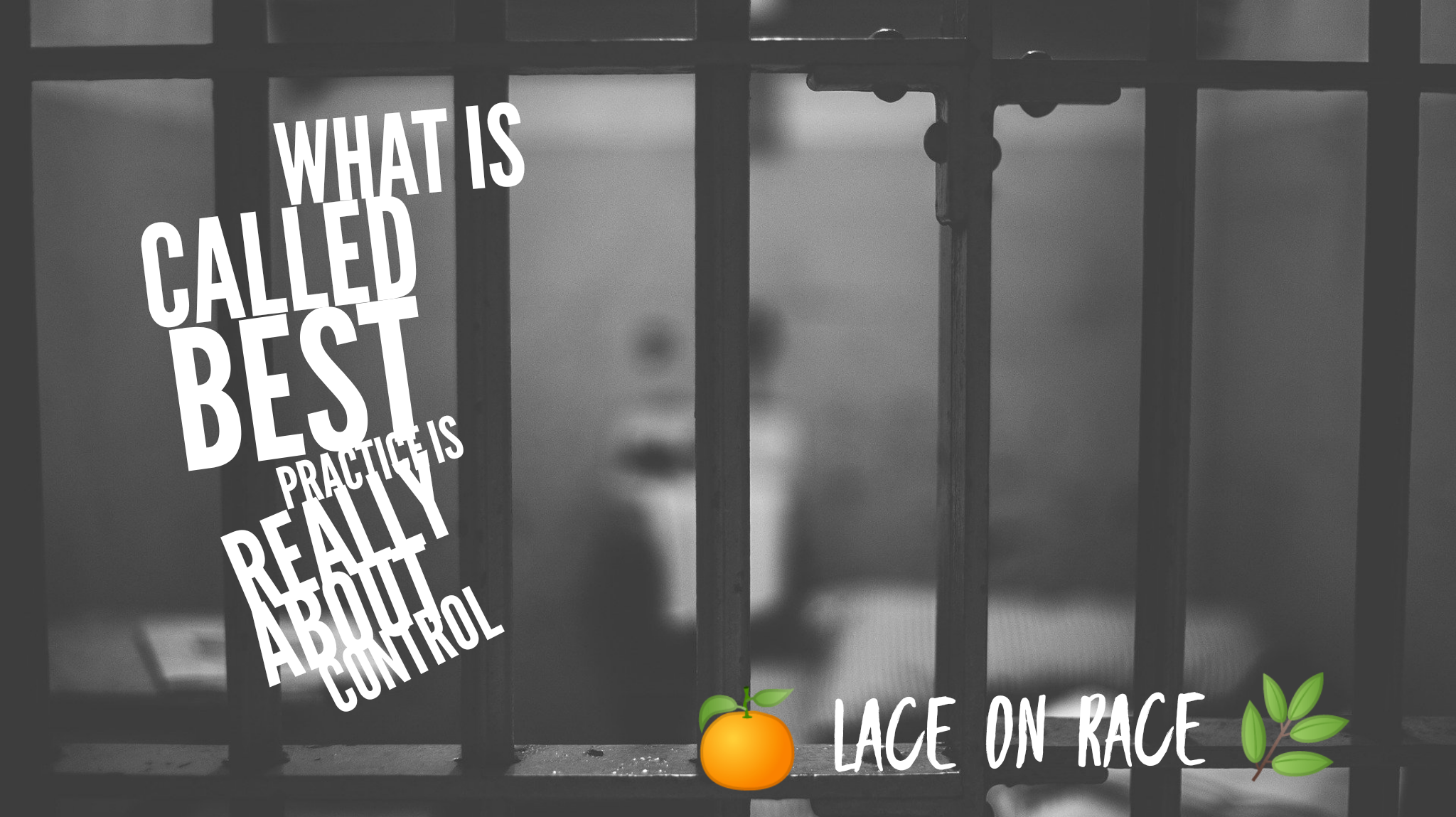I have been reading a lot, a lot these weeks, about this crisis being the genesis of a new way to do work; to a new way of being human–and humane–in the workplace.
Let’s put aside for a moment that this sea change has been enjoyed and experienced by only a small tranche of the American workforce (which is different than what mainstream media would have you believe; something like twenty percent by some estimates; certainly less than half of workers, and yes, based sharply by race and class), but believe me, we’ll get to that. Let’s concentrate for now on that privileged slice of us who have indeed been allowed to work from the relative safety of their homes. This is where the observations and revelations are to be found.
We have learned much.
We know that some very sacred notions of the American workplace, which, not even a month ago, seemed set in stone and beyond question, *can* indeed be questioned, and what seemed unshakable and unmovable can indeed be upended and shattered; that sacred stones can indeed be broken up and strewn about like so many pebbles in a quarry.
We now know, and will appreciate ever more deeply as this upheaval continues and deepens, just how much of American work is because of custom, not efficiency, and what is called best practice is really about control. What is called supervision is really, at bottom, about a real distrust of the worker. As Laurie Bertram Roberts pointed out in a trenchant writing of her own, this attitude that workers only perform when a heavy boot is on their necks is rooted in slavery, sharecropping, and indentured servitude.
Again, as Roberts noted, this is intentional. She says,
“Their whole “let meemaw die for the economy” pitch has less to do with them panicking over money in this moment and more about them worrying that if we “little people” get “too much” help and get “too comfortable” we won’t want to work at their shitty companies anymore under ridiculous schedules, in unsafe conditions, without healthcare, while being sexually harassed and without a living wage in the future.
That’s their real fear. I mean yes the economy but more that they will lose their workforce to exploit.
It’s why they want to give the people with the least the least help. So we are still starving. To “force” us to work.”
This is obviously true for the working class; service industries and manufacturing chief among them, but also (and of greater distress and alarm for the Volvo and small batch crowd), for the white collar cohort, who these days eschew the wing collars of their parents and grandparents for a hoodie and jeans, looking more like their proletariat underlings than those who run things and have authority and power (in my view, that’s by design as well; its seemingly egalitarian ethos is undercut by the amount of control those hoodies and 200 dollar sneakers and canvas satchels holding Apple Air want to admit).
This insistence upon control shows up in myriad ways; webcams; demands that workers virtually clock in and out; strict time accounting– all spring from the deep distrust employers have for the workers they themselves chose.
It shows up in forcing workers to call in at an appointed time to an appointed person, and having to speak to them in the morning when they are ill, even when they know they are too ill to work the night before. This rule may have had utility when everyone had landlines and no one had email or text. This means that the idea of rest, being allowed to rest and recover is undermined by the fact of their having to sacrifice rest to prove their illness; having to call in every day they are sick, and even needing to prove their sickness with a doctor’s note if enough days elapse, forcing a copay if they’re lucky, or paying sticker price and schlepping to a clinic only to be told what they already know.
Ten years ago, I noted that the attitude of the typical American employer seemed to be thusly: we hired you, but we don’t trust you; we probably made a horrible choice in selecting you; and you should be grateful we keep you around. There is no affirmation; no assurance that what one brings to the table is worthy and needed and appreciated. This has done much to erode the relationship between workers and their watchers in the workplace. It’s showing up now in the ways employers deploy 1950’s style supervision and management two decades after the turn of the century. Meanwhile, American productivity has only risen.
But those strictures and coercive tactics are not necessary; they never really were. People want to do good jobs; for the sake of their organization, yes, but also for their own sense of self worth, dignity, and self esteem.
Back to Roberts: this is deeply rooted in the class and race divide. Seeing it now in a class that thought that they were above it or somehow transcended it has been….interesting.
Now that we know that most of the sacred cows of worker compliance and productivity are unnecessary, and in fact sometimes even gratuitous, and that worker morale and productivity, after a learning curve, are largely unaffected, what will happen to the worplace? Will some of these changes stick, or will the old ways re-entrench themselves after the crisis has passed?
This is important, because the gains of the privileged class sometimes (only sometimes, but still) eventually include even those of us without offices and reserved spaces.
How we collectively do this as a country will have ramifications.This can either be a real leap forward, or a small concession, easily walked back. Maybe a real solidarity between class lines beyond what can be purchased at The Gap and Foot Locker.

Leave a Reply